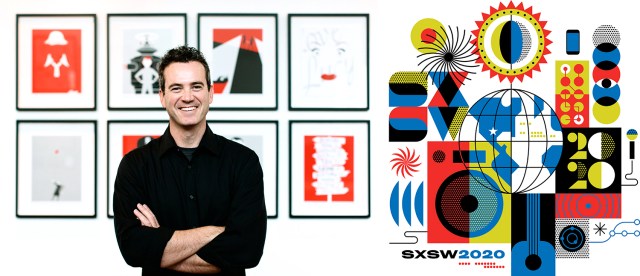She’s known as an expert on sex and marriage, but Esther Perel’s writings and therapy sessions explore the nature of modern relationships, beyond just the sexual. With a focus on societal mores, intimacy, history, anthropology and power structures, the Belgian psychotherapist may be revolutionizing our notions of what it means to love.
Perel synthesizes decades of expertise in her recent book The State of Affairs: Rethinking Infidelity, published this October, which explores the causes and effects of infidelity between a couple. But her podcasts and TED Talks, which have reached more than 20 million people, broaden the topic to include friendships and working relationships which, she says, all share the same basic dynamics.
Recently, she shared some of her insights:
Tell us a little more about the nature of love itself.
Love is one of the most complex verbs that we have. It is a multiple experience, love. Does a child or a parent love, and that’s it? Or does everybody who loves—the child, the parent—also experience sometimes anger, sometimes hatred, sometimes ambivalence, sometimes deep love? We would never question the love between the parent and a child (but it is) full of a range of complexities of emotions (and) we wish sometimes that things were black or white, but they’re not … So we don’t just love or don’t love.
Help us put this in the context of modern marriage:
Modern marriage is probably one of the relationships that has transformed the most over time … In the last two hundred years, the couple has undergone an extreme makeover.
We have never had higher marital relationship expectations than we do today. We want love relationships to bring us stability and security, family life and companionship and economic support. And we want our beloved to be be our soulmate, which used to belong to religion. We are conflating the spiritual and the relational; we are looking to our partner for things we used to look for in the realm of (spiritual) desire— transcendence, ecstasy, belonging, wholeness. A best friend, a passionate lover, a trusted confident … And we want our sexuality to be rooted in desire (which) is not a duty; it is not procreative. It is for pleasure and connection, and we need to cultivate that connection.
Let's talk about affairs and why they are so anathema to Americans.
The one word that people tell you when they have affairs is that they feel alive. They’re not talking about sex, they’re talking about their sense of aliveness. People want their partner to be the anchor and the waves!!! It’s that complete paradox.
What about sex itself; what does it really mean and do for us as human creatures?
People used to be ashamed if they have sex; today they’re ashamed if they don’t have sex. Plus, society puts tremendous pressure on what it considers normative, healthy and so forth … People, when sex was a woman’s marital duty, they probably had regular sex but that didn’t mean it was good. So measuring anything by frequency rather than by its quality is a complete misunderstanding of the erotic. You don’t measure the erotic. It’s a quality of being, not of doing.
"People used to be ashamed if they have sex; today they’re ashamed if they don’t have sex."
What is it about sex and "erotic intelligence" (a phrase Perel created) that you find so fascinating in your research?
I’m not interested in sex. I am interested in the fact that sexuality is a lens to understand societies, their values, their power structures, their politics ... True sexuality, you look at a society’s most entrenched, tradition-rooted values, and (with) true sexuality, societies also create the most radical changes … My work uses sexuality to understand modern relations, in the private sphere as well as at work. People today are struggling and need vocabulary and need tools to manage their relationships at home, and in business.
How do "affairs" apply to work and business relationships?
If I work with co-founders (of a business), I often work with a marriage. They are with each other more time than a spouse ... All relationships have expectations. All relationships have power dynamics. All relationships need trust. All relationships will often get polarized around one person wanting things to change and one person wanting things to stay the same … All relationships straddle these polarities by which each one needs the other in order to create balance.
I definitely see today, in the big economy, people are having lots of affairs at work … having a parallel relationship. Like they have a main job but in fact they are doing all kinds of gigs on the side that the job doesn’t know about, and that they’re trying to see if those gigs could actually become their next relationship, their next job. Somebody there has trained them and mentored them, and then they just leave. And it leaves the other person feeling like, “I invested in you. I built a relationship with you, and you were unfaithful. You took the best of me and took it elsewhere.”
What about "intimacy" and friendships in the social media age?
We often have a thousand friends on Facebook and no one to ask to take care of our cats. We move around but we are a lot more isolated. We feel more dispensable, we experience more uncertainty. We experience way more freedom and way less guidelines. When we lived in the villages, we had a lot of certainty. We had a deep sense of belonging, but we had very little freedom. Today we have more freedom than we know what to do with sometimes, but it comes with a gnawing uncertainty and an enormous amount of self doubt … Basically, all the big decisions that used to be made for us are now made by us, so the burdens of the self have never been heavier.
Esther Perel was a 2018 SXSW Interactive Keynote. Watch the video below.



